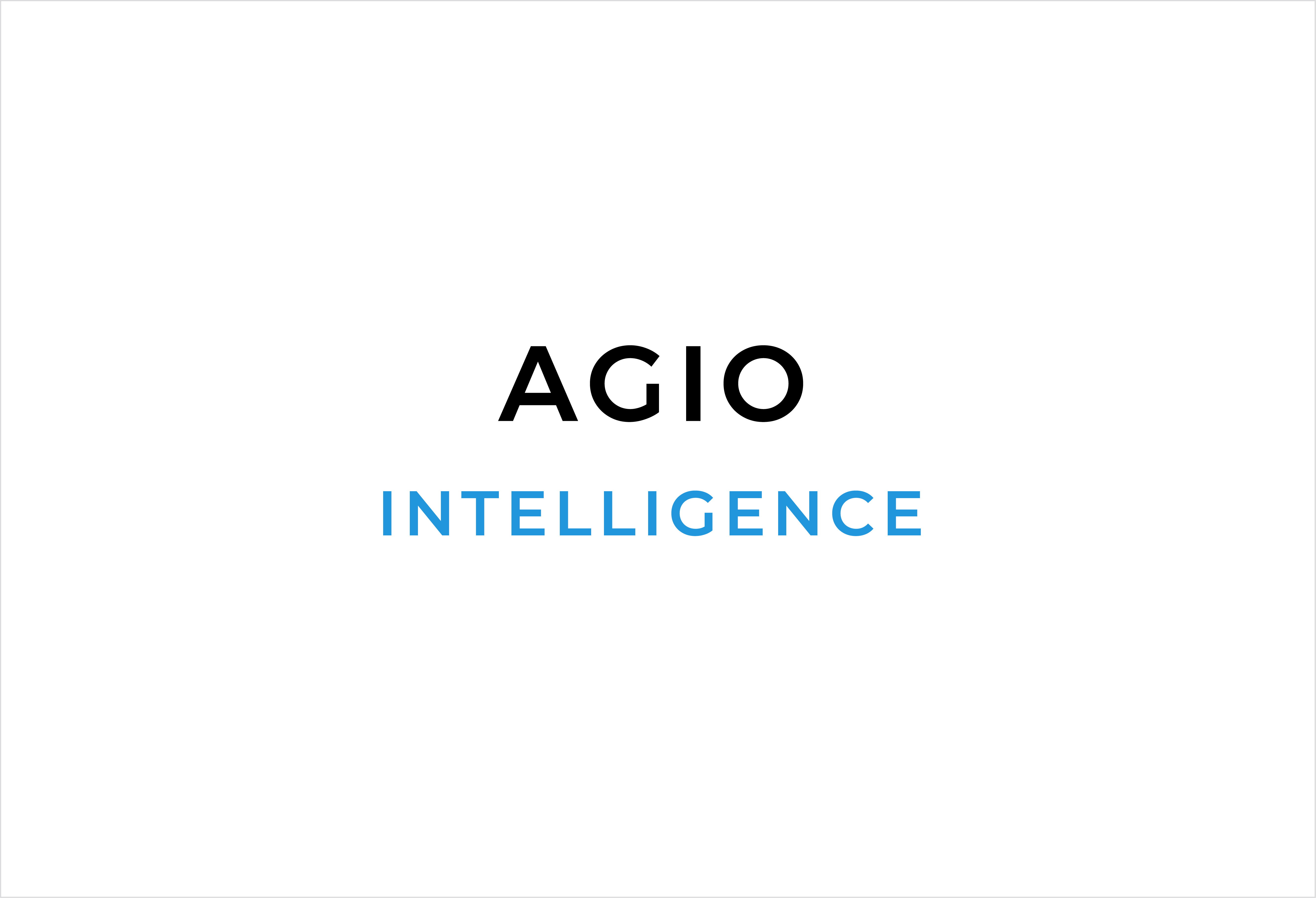What is the Best Server for a Hedge Fund?
The best server for hedge funds hosts apps that analyze data about the fund so managers can use this information in their decision-making process. Hedge fund management is data-driven. Data shows the value and growth of the trades, so data analysts can understand the benefits and risks. Servers host complex data analytics tools and instruments to examine the market and make trading decisions, potentially increasing the chance of profitability.
How Servers Support Hedge Fund Management
Various types of servers support data analysis to aggregate, process, and organize the data for analysis using artificial intelligence or other methods. Data allows insights into portfolio optimization, market volatility, and other areas to determine investment decisions.
Managing a hedge fund requires information to be accessible and analyzed, so hedge fund managers can make informed decisions regarding:
- Consumer analysis: Consumer analysis involves studying a customer’s values, identities, and insights, identifying customer behavior and trading patterns, and tailoring decisions to these trends.
- Algorithmic trading: Algorithmic trading automatically determines trade timing to avoid price fluctuations in order to make trades profitable and risk-free. Trading time, volume, and trade pricing data inform the algorithm.
- Risk management: Hedge fund analysts can analyze, identify, and predict possible risks in future market trends and make decisions to minimize or eliminate the risk. Risk management strategies consider market trends, price fluctuations, economics, and consumer behavior data.
Evaluate the Performance of Hedge Funds
Hedge fund analysis matters because it helps managers understand the performance value of each fund. Profitable hedge funds benefit both managers and investors. Hedge fund managers analyze these factors to determine the success of a hedge fund:
- Downside deviation: The price of a security or negative movement in the economy.
- Fund size: How many investors can contribute to the fund.
- Drawdown: The percentage difference between the fund’s peak and trough performance during a period.
- Minimum investment: How much an investor must invest.
- Rate of return: The gain or loss of the investment over a period of time.
- Standard deviation: How often the rate of return deviates from its average.
This data is also helpful when comparing hedge funds. For example, managers can consider the rate of return for various hedge funds and choose the one with high expected returns.
Learn More About Our Application Management Services
Streamline your server and application management with Agio. We’ll manage your applications and servers for hedge funds, so your IT team can focus on revenue-driving projects. Contact us to learn more.
Share post
Featured Posts
Connect with us.
Need a solution? Want to partner with us? Please complete the fields below to connect with a member of our team.




